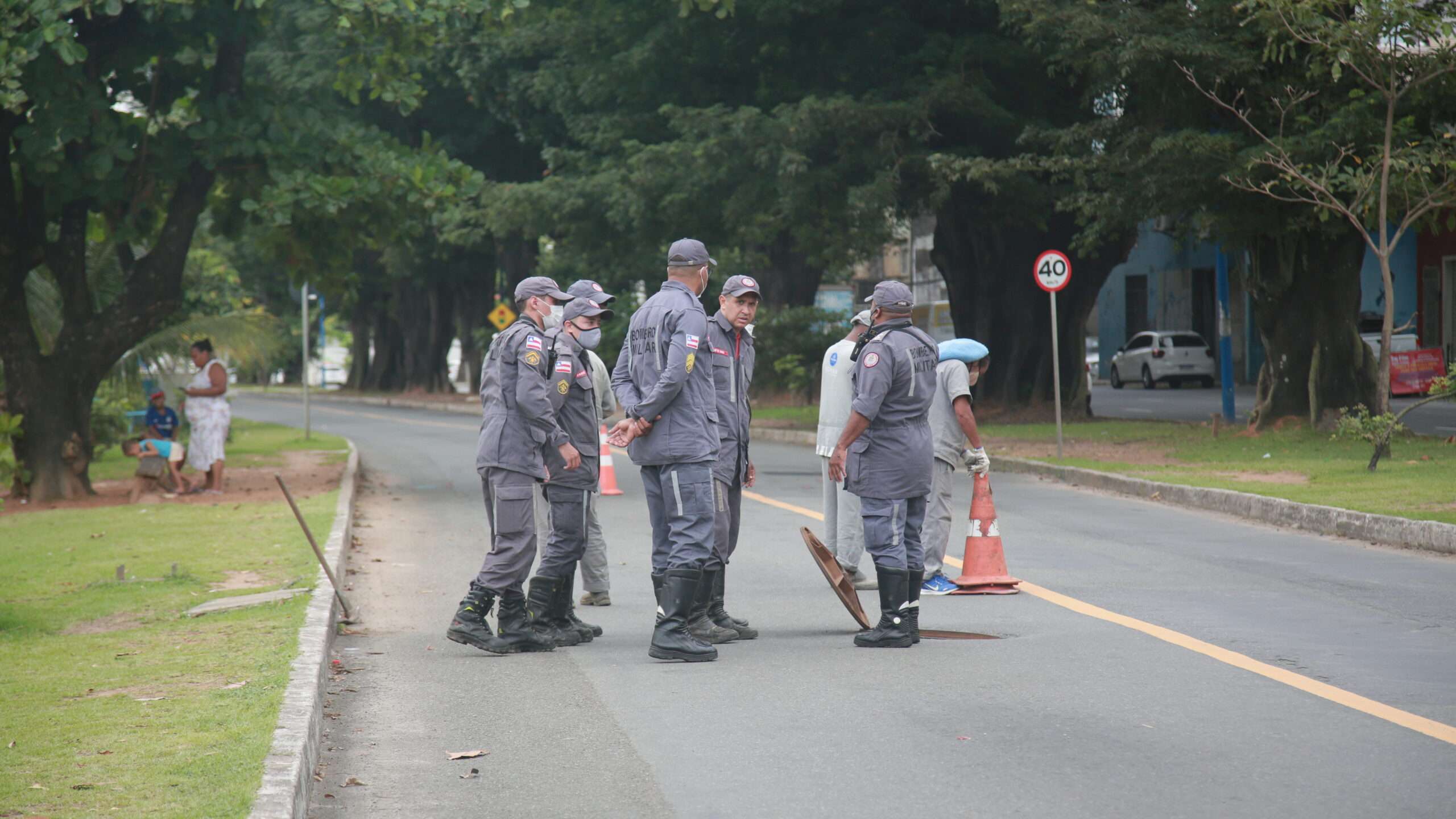Commentary
Coinciding with the release of the new movie “Reagan” is the publication of a significant new book about the Reagan presidency.
Ken Khachigian, who served as chief speechwriter for Ronald Reagan from his 1980 presidential campaign until the end of his second term in 1988, has recently released his memoirs covering those years. Titled “Behind Closed Doors: In the Room with Reagan and Nixon,” the book also delves into Khachigian’s time working with President Richard Nixon, as indicated in the title.
The book begins with his White House tenure at the conclusion of Nixon’s presidency and then goes on to cover the four years he spent working with Nixon post-resignation.
However, the majority of the book, comprising 19 of its 25 chapters, focuses on his collaboration with Reagan.
Nixon recommended Khachigian to the newly launched Reagan campaign, leading to Khachigian working closely with the candidate on LeaderShip 80, the Reagan campaign’s airborne headquarters. Here, he crafted text for sound bites, press releases, and speeches.
During Reagan’s campaign against incumbent President Jimmy Carter, Khachigian coined the now famous campaign phrase, “Are you really better off than you were in 1976.”
The book, presented as diary entries with interspersed commentary, offers a personal glimpse into what many consider one of America’s finest presidents and a presidency of immense historical significance.
Half a year before Reagan assumed office in January 1981, the so-called misery index—comprising the unemployment and inflation rates—stood at 21.98 percent. By December 1986, it had dropped to 7.7 percent. By the end of Reagan’s presidency, the groundwork had been laid for the Soviet Union’s collapse.
Throughout this period, Ken Khachigian’s IBM Selectric typewriter produced campaign speeches, inaugural addresses, and State of the Union speeches that helped Reagan convey his love for the country, his dedication to limited government and individual freedom.
Reagan’s landslide reelection in 1984, winning 49 out of 50 states, is a feat unimaginable in today’s political climate.
Khachigian’s book is also notable for its candid portrayal of the human elements inherent in the American presidency.
While many view government service as a public duty, for some, it is merely a means to power and career advancement, akin to any other profession. In a chapter titled “The Power Seekers,” Khachigian recounts a conversation with political columnist Robert Novak, who shared a telling insight from then-White House chief of staff James Baker about the importance of portraying the president and oneself in a certain light.
Among the many poignant moments in the book, one that stands out is how Reagan’s personal crisis was averted through a powerful speech.
Early in Reagan’s second term, a visit to Germany was planned for ceremonies marking the 40th anniversary of the end of World War II. However, it was discovered that the location for Reagan’s speech was a German military cemetery containing graves of German Nazi Waffen-SS soldiers. Many, including first lady Nancy Reagan, urged the president to cancel the speech. Despite this, Reagan decided to proceed with the speech at the invitation of German Chancellor Helmut Kohl.
The solution came in the form of another speech, where Reagan addressed the Holocaust at the Bergen-Belsen concentration camp site. Khachigian was called upon to craft this speech, which many consider to be Reagan’s finest. It delved into themes of life, death, good, evil, and the senseless slaughter of Jews during the Holocaust, offering a message of moral clarity desperately needed in today’s world.
For those interested in our nation’s history and potential, Khachigian’s book is a must-read.
Opinions expressed in this article are solely those of the author and do not necessarily reflect the views of The Epoch Times.
Please rewrite this sentence.
Source link







